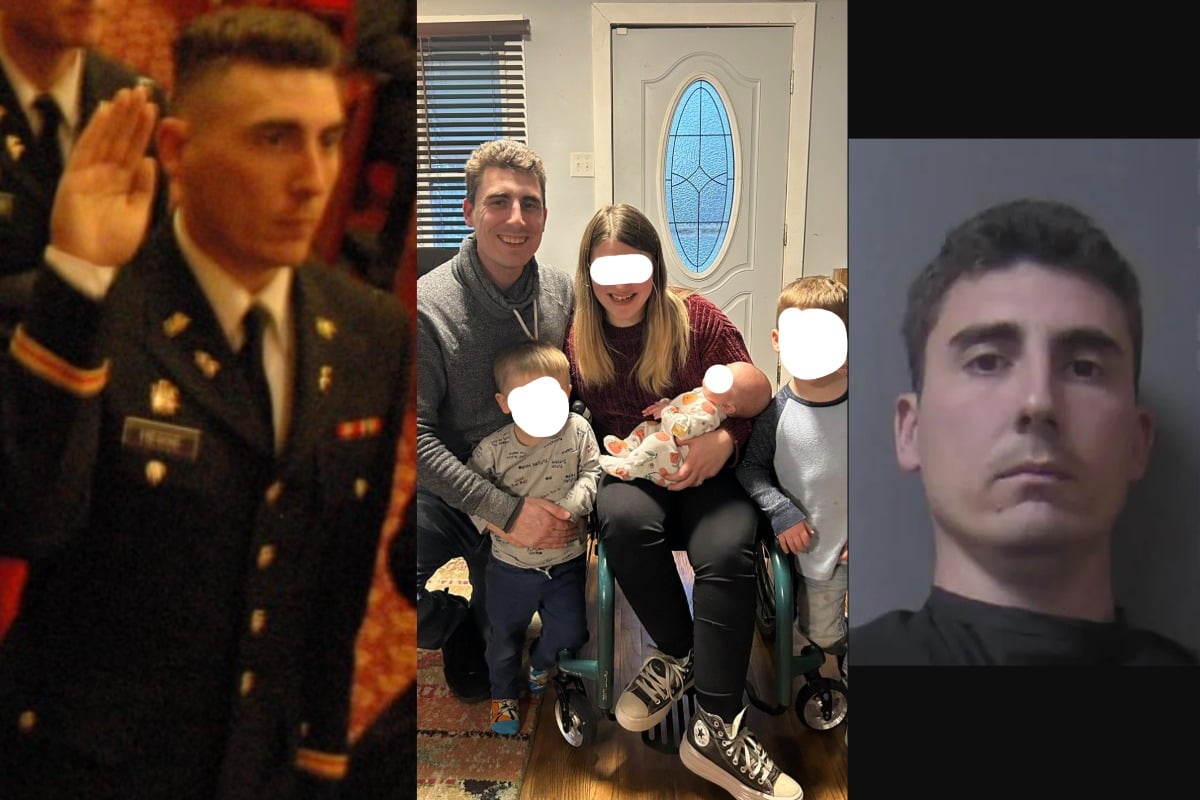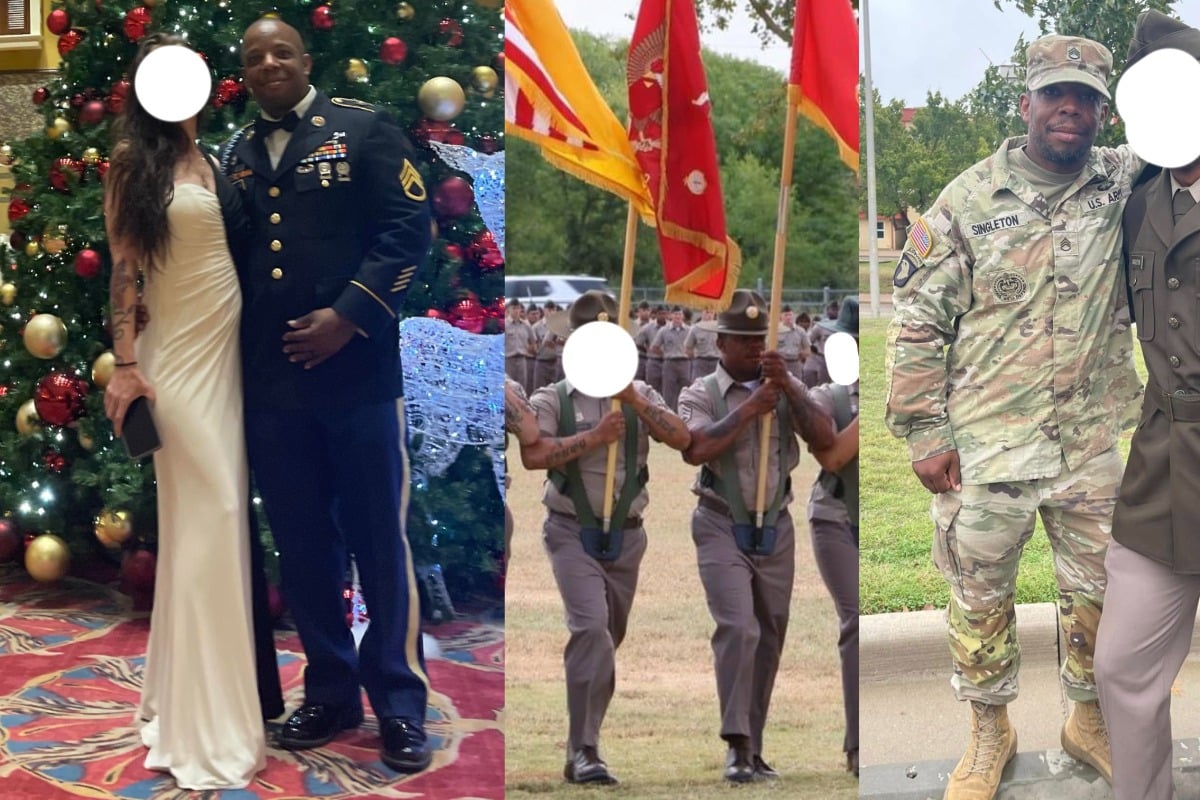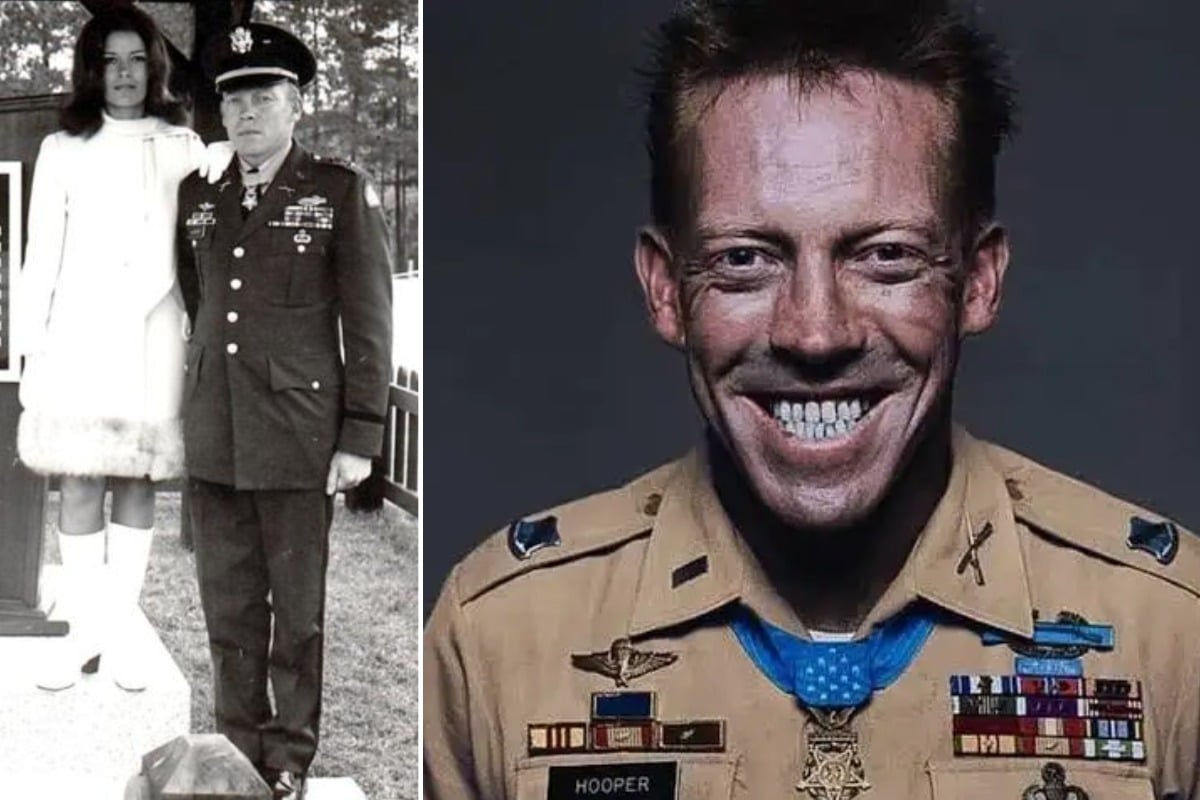A Special Forces noncommissioned officer was convicted this week at Fort Bragg, marking the end of a once-promising military career and adding a deeply personal chapter to a family long tied to elite Army service.
Sergeant First Class Nathaniel G. Lightfield, 31, was found guilty—contrary to his plea—of one specification of domestic violence in violation of Article 128b of the Uniform Code of Military Justice (UCMJ). A military panel sentenced him to 75 days of confinement and a bad conduct discharge from the U.S. Army.
Assigned to the 1st Special Forces Command (Airborne), Lightfield’s conviction is notable not only for the charges, but also for the family legacy from which he came. His father, Sgt. Maj. Gregory Lightfield, was once known throughout the Army’s Special Operations community as a combat diver, Green Beret, and instructor whose face appeared in Army commercials, training videos, calendars, and the Veritas Journal of Army Special Operations History.
In a 2006 profile published by the Enid News and Eagle, Gregory Lightfield described his son Nathan as proud of his service. At the time, Nathan was just 11 years old and had already expressed interest in joining the Special Forces himself.
“My son has mentioned he wants to be Special Forces,” Lightfield said. “They’re proud. They wrote me every week, sent me photos.”
Nearly two decades later, Nathaniel followed that path—earning a place within the Army’s elite ranks. But instead of a career marked by quiet retirement or ceremonial sendoff, it has ended in a court-martial conviction and forced separation from the service.
Consequences of Conviction
Article 128b, which governs domestic violence in the military, carries serious penalties. Depending on the severity of the offense, a conviction can result in:
- A dishonorable discharge
- Total forfeiture of pay and allowances
- Reduction to the lowest enlisted rank (E-1)
- Confinement ranging from months to several years
- Firearm prohibitions under the Lautenberg Amendment, which may apply depending on the specific nature of the conviction
In Lightfield’s case, the court imposed a bad conduct discharge and 75 days of confinement, a sentence well below the statutory maximum. Even so, the implications are significant. A bad conduct discharge can limit access to veterans’ benefits and career opportunities, while a domestic violence conviction may impact future employment, particularly in security, military, or law enforcement roles.
Civil Disputes and Family Court Records
This conviction is not the first legal challenge Lightfield has faced in recent years.
According to North Carolina court records, he filed for divorce from Alayna Creekmore (formerly Lightfield) in Hoke County on November 3, 2021. The court granted the divorce on April 25, 2022.
After the dissolution of the marriage, legal disputes continued in Cumberland County, where Lightfield initiated a custody and visitation case on June 2, 2023. That case remains pending as of this report. The docket reflects multiple continuances, and the latest entry sets the matter for a non-jury trial on February 23, 2026. Records also note that the Department of Social Services (DSS) is now involved.
In a separate case (Case No. 23CVD005306-250), Cumberland County—on behalf of Creekmore—filed an action for child support and medical coverage on September 27, 2023. Lightfield was personally served by the sheriff on October 2, 2023, and on March 18, 2024, the court granted the claims in whole or in part, ordering him to provide financial and medical support. These cases are part of the public record and reflect ongoing legal entanglements following the divorce.
Personal Life and Public Presence
Public records show that Nathaniel Lightfield and a woman identified as Alyssa Lightfield, his current wife, were listed together in a 2022 real estate transaction involving a home in Raeford, North Carolina. Social media photographs show the couple together in more recent posts as well. No court records suggest she is involved in any of the legal proceedings described above.

His father, Gregory Lightfield, appears to have quietly retired from the Army around 2019 after nearly 30 years of service that included deployments to Iraq and Kosovo, as well as a stateside role training combat divers. Though widely recognizable in Army promotional materials during the early 2000s, his professional and family life has otherwise remained outside the public spotlight—consistent with the privacy culture of the Special Forces community.
A Public Record of Consequences
Nathaniel Lightfield’s court-martial now becomes part of the public record, in contrast to the honors once associated with the Lightfield name. While the details of the underlying offense remain under seal in court files, the outcome is not in dispute: a career in one of the Army’s most elite formations has ended with confinement and expulsion.
The ongoing civil litigation in North Carolina may yet shape his future further, particularly as custody and support rulings continue to unfold in the coming year.
Editor’s Note: Since publication, individuals connected to this case have contacted The Salty Soldier with personal statements disputing aspects of the reporting. This article does not include or evaluate claims made by any party outside of the legal record. All information reported herein is based exclusively on official court documents, military judicial proceedings, and verifiable public records available at the time of writing. No conclusions have been drawn beyond the facts contained in those records.
© 2025 The Salty Soldier. All Rights Reserved.
The content of this webpage may not be reproduced or used in any manner whatsoever without the express written consent of TheSaltySoldier.com.




